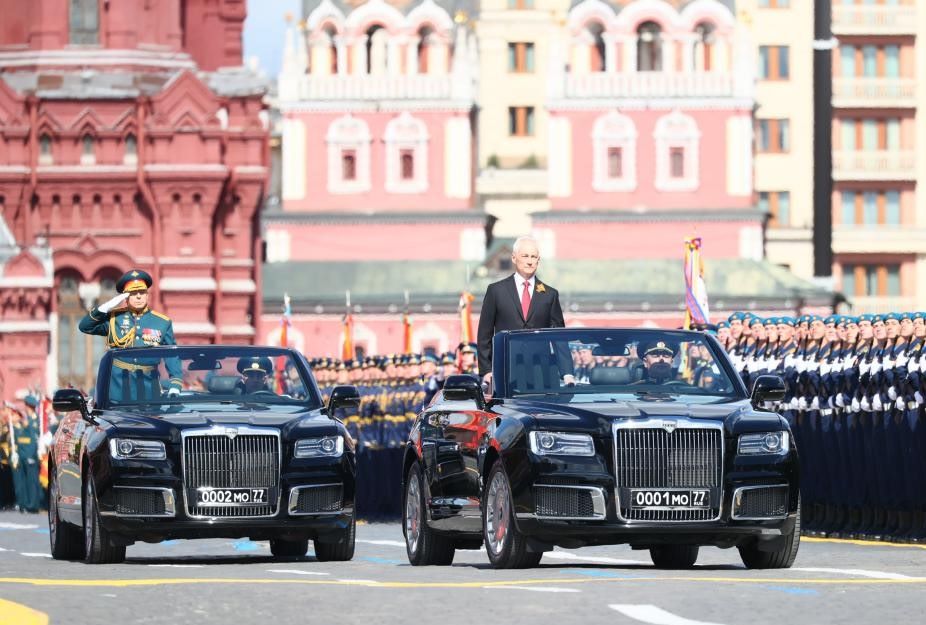While the European Union (EU) is trying to assert its global role, the young generation on this continent has a completely different view: Russia, not the EU, is one of the three leading powers in the world today.
This is the result of an annual survey conducted by the German TUI Foundation, released on July 4. Accordingly, nearly 57% of young people aged 16 to 26 in the EU and the UK put Russia in the group of three global superpowers, while only 42% choose the EU.
When asked about the three countries or blocks with the largest global influence today, young Europeans answered: the US (83%), China (75%), Russia (57%), EU (42%).
In particular, the high appreciation for Russia comes from Greece (66%), Italy (58%) and France (57%) - countries with a tradition of skepticism about the EU's foreign policy.
Even in Poland, one of the countries that strongly criticizes Russia, the percentage of young people choosing Russia in the top 3 has also increased by 12% compared to last year, up to 52%.

Meanwhile, the EU is gradually losing its position in the hearts of the younger generation, with the rate in Spain falling from 45% to 36%.
Despite being underrated, the EU has yet to lose hope. 51% of survey participants believe the EU can be on par with the US, China and Russia if it implements sweeping reforms in institutions and activeness.
The survey also shows a crisis of simmering confidence in the hearts of young Europeans in the EU's democratic system.
40% of survey participants said that the EU currently does not have a truly democratic structure, while 38% said so.
Only 15% believe the European Parliament represents their voice, down sharply from 21% in 2019.
The level of satisfaction with the democratic model has increased slightly after the COVID-19 pandemic, but is still very low in Greece and Italy - two places that have many social dissatisfactions.
In contrast, Germany and the UK are the two countries that recorded much higher democratic support in the surveyed group.
The online survey was conducted from April 23 to May 19, 2025, with the participation of 6,700 young people from 7 countries: Germany, UK, France, Spain, Italy, Greece and Poland. Although no errors have been published, the survey results are still a wake-up call for European leaders.











